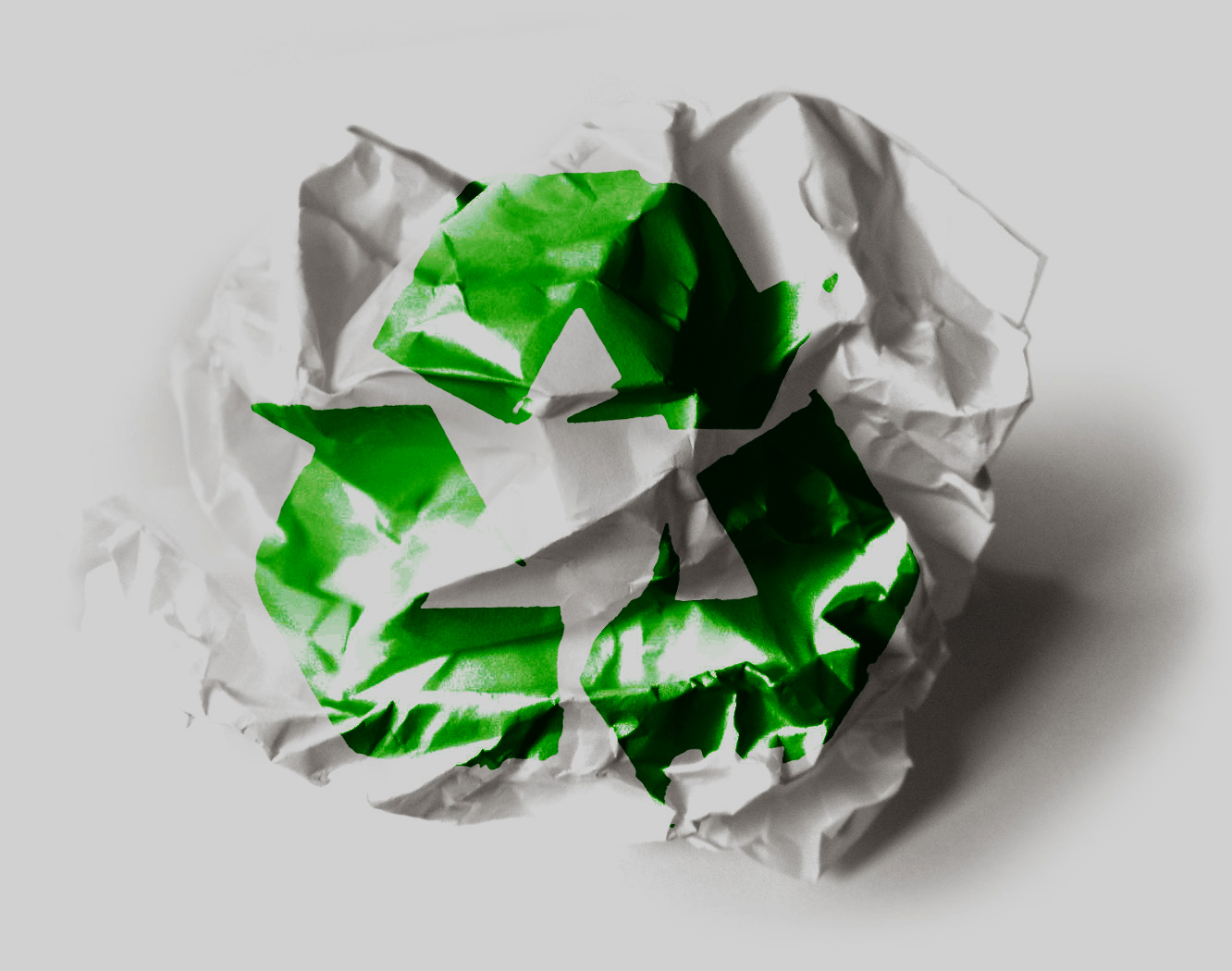
September 23, 2021, by sustainablenottingham
Welcome to Recycle Week!
Recycle Week runs 20 – 26 September and the theme this year is the Climate Crisis. Recycle Week is the one week per year retailers, brands, waste management companies, trade associations, governments and the media come together to achieve one goal; to galvanise the public into recycling more of the right things, more often.
Hello Again, I’m Louis and I work for the University’s waste management provider, Enva. I provide customer engagement to help increase understanding of sustainability best practice.
This is the second blog focusing on the waste hierarchy. If you missed the Zero Waste Week post on reduction and reuse, read it here.
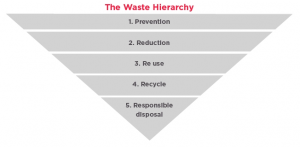
At times it may not feel like it but the climate crisis is something we can impact every day. By making small changes to our daily lives we can make a significant difference to the amount of waste we produce.
I’m going to help by identifying some of those small changes.
Of course, you can
How many aluminium cans do you use a week? Do you make sure you recycle them all?
Aluminium is the most valuable thing in your recycling. This is due to the turnaround in its recyclability and because aluminium cans recycle without any loss of quality. Currently, close to 70% of the aluminium cans we use globally are recycled, which is 113,200 cans per minute! However, we still throw away a vast number of cans needlessly.
-
If we recycled all our aluminium cans in the UK, we’d need fourteen million fewer dustbins.
-
When a can does end up in landfill, it stays there for 500 years before it oxidises.
-
Recycling one can saves the same amount of energy it takes to power a television for three hours.
Thankfully aluminium cans are one of the easiest materials to recycle. All you need to do is make sure it’s completely empty and pop it in any mixed recycling bin around campus or at home.
Be better with batteries
Most people have batteries powering something in every room of their house. However, batteries can’t be recycled via your everyday recycling bin.
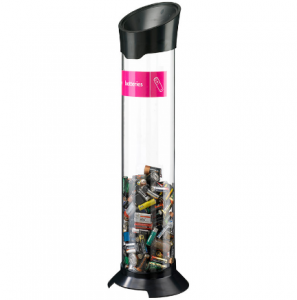
-
According to ‘Recycle More’ the UK throws away 600 million batteries per year. Over the last two years the UK has failed to meet its recycling target of 45%.
-
Batteries can contain various dangerous chemicals such as lead, cadmium, zinc, lithium and even mercury. When they start to rot in landfill, these chemicals can leak into the ground. This can cause water and soil pollution.
-
Each battery is believed to take over 100 years to decompose in landfill.
-
Batteries are the most common cause of fires at waste and recycling sorting facilities.
Thankfully batteries are very much recyclable. Find clear tube ‘battery bins’ dotted around campus. Check with your council how to recycle batteries at home.
Recycling batteries correctly is extremely important and one of the easiest ways to begin making a positive difference.
The plastic bottle problem
In Britain a fizzy drink, a packet of crisps and a sandwich is a staple of lunch on the go. In theory, the most recyclable element of this is usually the plastic bottle. Sadly, a lot of them aren’t.
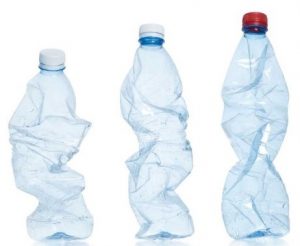
-
The UK uses 14 billion plastic bottles per year.
-
We aren’t keeping up with many other developed countries when it comes to recycling bottles. Currently we only recycle around 70%.
-
This leaves around four billion plastic bottles that aren’t recycled every year.
-
We litter around 700,000 plastic bottles daily. This has a devastating impact on both our natural habitats and our human well-being, which has led parliament to declare the use of plastic bottles no longer a recycling nor an environmental issue, but a social issue that leads to indirect taxpayer costs.
We’re all busy people. That’s why this next segment is designed to make effective waste management less of a chore.
Have more recycling bins around your house
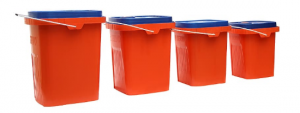
This lessens the amount of sorting you do when emptying your bins. It also avoids “the recycling is full, I’ll just put this in the main bin”. And it puts those boxes you get from online retailers to good use.
Less contamination yields more appreciation
One of the biggest issues encountered when working in waste management is waste contamination.
Waste contamination is putting anything into a waste stream that shouldn’t be there. For instance, aluminium cans are perfectly fine to be recycled, however if thrown away with liquid in them, that will contaminate the rest of the waste. Fluids lessen the value of recyclable plastic and metal. This causes extra work for our waste segregation team and recycling can then be missed which lessens the overall sustainability of the system.
In some cases, entire bales of recyclable waste will be rejected from recycling companies due to contamination.
To prevent waste contamination here at Enva we have come up with a few easy tips to help with the contamination issue.
-
Keep your recycling clean and dry.
-
Make sure your waste goes in the right place (read the label on the bin!).
-
If in doubt, leave it out.

This is among your best informative articles for novice recyclers. Could you kindly please, provide further information on organisations that offer comprehensive and effective training on proper recycling or appropriate free resources thereof